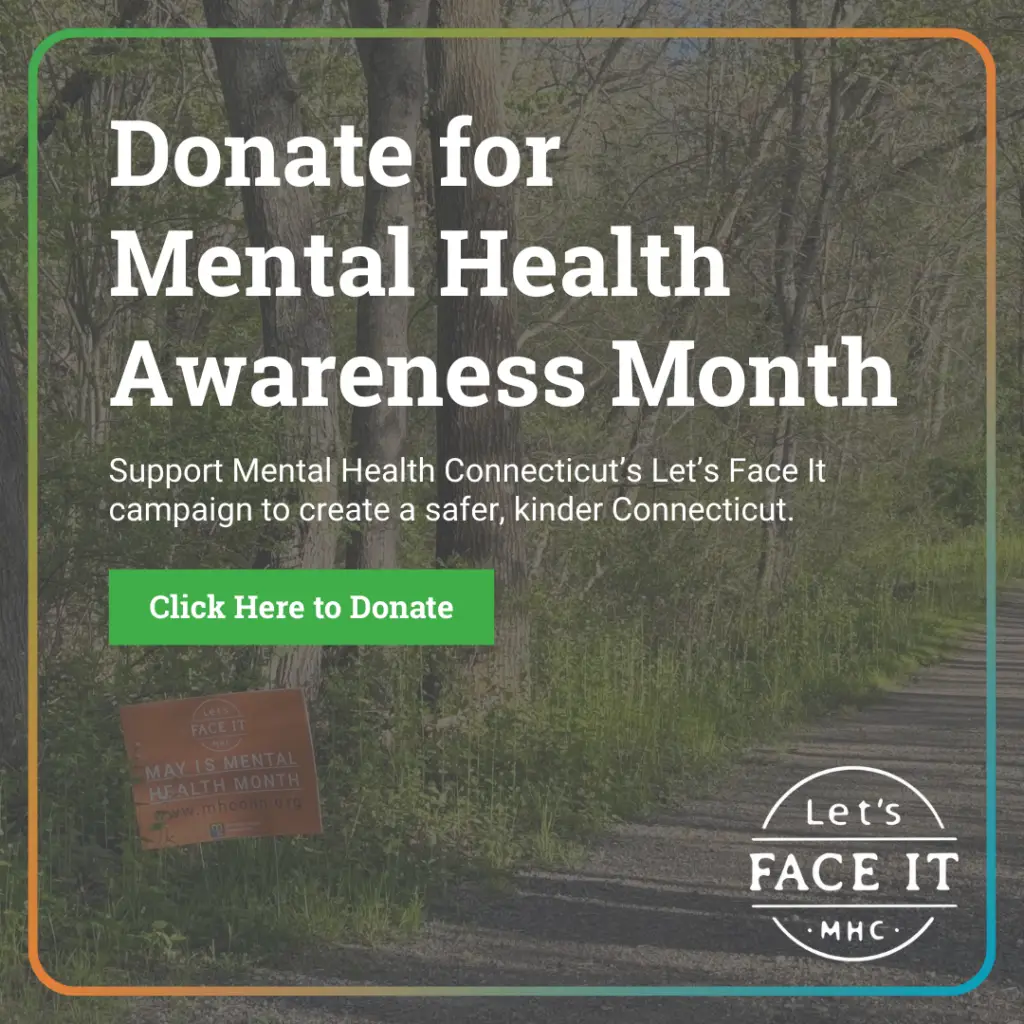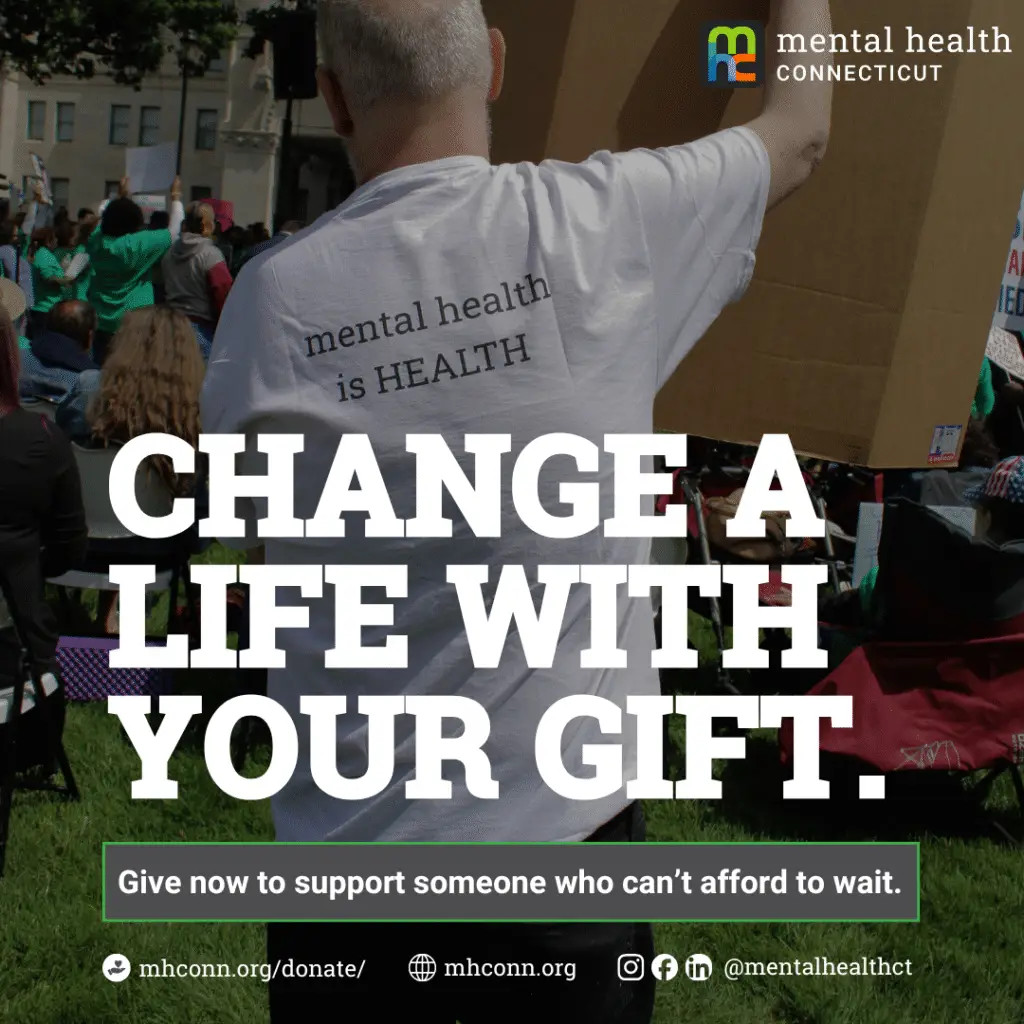July is Bebe Moore Campbell National Minority Mental Health Awareness Month, a time to emphasize the unique mental health challenges faced by minority communities. Established in 2008 in honor of mental health advocate Bebe Moore Campbell, this national observance promotes a more person-centered approach to mental health care, one that acknowledges the intersection of culture, identity, and lived experience.
At Mental Health Connecticut (MHC), we believe that mental health care must reflect the needs of the populations it serves. Yet today, many individuals from Black, Latino, Asian, Indigenous, and other under-resourced communities continue to face higher levels of trauma, limited access to care, and cultural stigmas that discourage seeking help. According to Mental Health America, even though rates of mental illness within minority communities can be similar or slightly lower than in the white population, these individuals often face a disproportionately high burden of disability from mental health conditions.
These gaps aren’t just numbers; they represent real lived experiences. Language barriers, lack of culturally competent providers, underinsurance, and fear of discrimination often create significant obstacles. Even when care is accessible, it may not reflect or respect the individual’s unique cultural norms and values.
That’s why MHC is dedicated to promoting person-centered care, supporting a range of providers and peer specialists, and making sure our programs meet people where they are. Whether it’s providing trauma-informed services, teaming up with minority-led organizations, or simply creating space for individuals to share their stories, we understand that healing begins with understanding and that representation saves lives.
Here’s how you can support this effort:
- Educate yourself on the mental health needs of different communities.
- Support organizations led by and serving minority individuals.
- Listen with empathy and share stories that center lived experience.
- Advocate for policy change that addresses social determinants of mental health.
Mental health belongs to everyone, and person-centered care is vital to giving every person the chance to thrive. This Minority Mental Health Month, let’s reaffirm our commitment to creating a future where culturally affirming care is the standard, not the exception.








